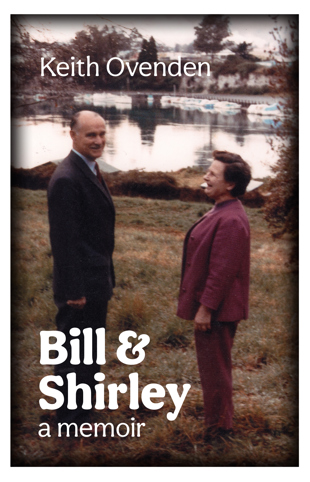Q1: Your book has gone off to print. A good moment?
More than a moment surely. Some simple things — a chance to tidy a very untidy desk, put away reference sources, think about seeing friends and cooking a dinner or two. Some more complex —how to get back into that other project that’s been sidelined for six months, what to file and what to throw away, how to handle questions from my publisher. I could go on . . .
Q2: When did you decide that you just had to write this book?
The missing word in the question is ‘now’ — right at the end. I knew I had to write these memoirs forty years ago and they have grown and shrunk, marinated and desiccated, burgeoned and shrivelled down the decades. I sat down to write them AT LAST over two years ago, in the autumn of 2018, as part of a general project to recapture some of the interesting times and people through which and with whom I have lived. There is more to come.
Q3: You’ve had a great deal of writing experience but was writing a memoir altogether of another order?
I think of myself — always have — as a student of writing. Good students read widely in their own and adjacent fields. They are not afraid to learn, they love it. They know that their studies are never finished. The big thing that I have learned from reading memoirs, autobiographies, biographies and history books is that the first person singular pronoun is a dangerous friend, a truthful dissembler, and a liberating prison warder. You have to bring it under control. Honesty is the method, self-effacement the vehicle. Not easy.
Q4: What were the tough bits?
Reliving the 1970s. An ugly decade, full of menace and anxiety.
Q5: What did you relish?
Being able to write about individuals in a way that may enable the complexity both of them as people, and of the circumstances in which they found themselves, to take precedence over the labels that the prejudiced stick on them.
Q6: Has the result of working on the memoir been that you have been drawn closer to the essential characters of Bill Sutch and Shirley Smith?
I’m not convinced that people have an ‘essential character’. There is a process of ‘becoming’ (cf Virginia Woolf passim) at work in all of us. It is what makes attempts at trying to define people at once so difficult and so engaging. They resist certainty. I think I have developed a greater understanding of both Bill and Shirley through a process of reflection over many years. Writing brings greater clarify, and I am grateful for that. I hope that others will be too.
Q7: It could be said by some (not by us, of course!) that they are people from a long time ago. Why are they still important to New Zealand?
Shirley really did break the glass ceiling of the legal profession, and she did it in a way that brought her great respect and admiration from her peers, and from those who have followed on behind her. She also set an example as someone of strong principles who dared to fight in the public arena for the things in which she believed, while also contributing privately to people and to causes, generally out of the public eye, that needed her help and guidance. People can, and should, learn from her.
Bill’s importance is different, but none the less important. His contribution to ideas about the development of society in a small country was immense, and remains significant. His remedies are still relevant. People need to go back to them. As a participant-victim in the Cold War his experience is a signal warning about the enemies that you may make, and how they will pursue you up to and beyond the grave.
Q8: What would you hope that readers take away from this book?
Discernment. Greater openness of mind. A desire to know more about the post-war history of this country. The importance of not allowing people to become a label that has been stuck on them. Enjoyment of my company would be nice too.
Q9: Who are the writers you most admire?
Too difficult. My undergraduate degree was in English Literature, and the list of writers whose work I admire is far too long for a Q&A like this. Among contemporary writers I greatly like the novels of Shirley Hazzard and Simon Mawer, the essays of George Steiner and Daniel Mendelsohn, and the recent books on Italy under fascist rule by Caroline Moorehead.
Q10: What books are on your bedside table at the moment?
Kathy O’Shaughnessy, In Love with George Eliot. Gabriel Josipovici, The Cemetery in Barnes. Stefan Collini, The Nostalgic Imagination. Alison Finch, ed., Selected Essays of Malcolm Bowie. Vol.2, Song Man.


